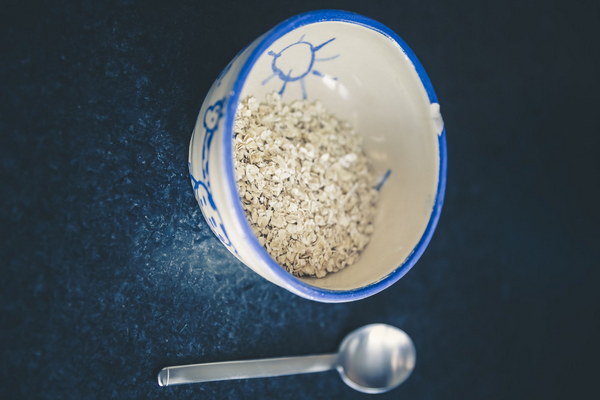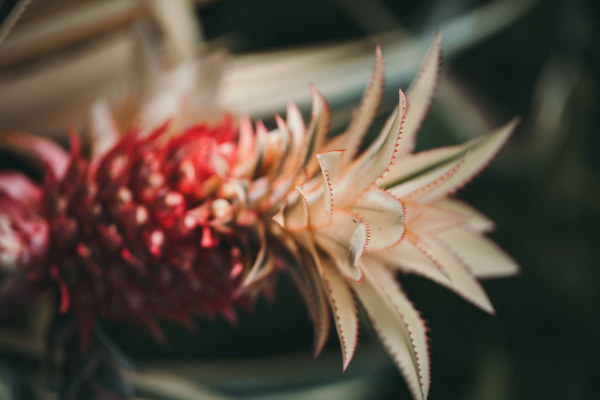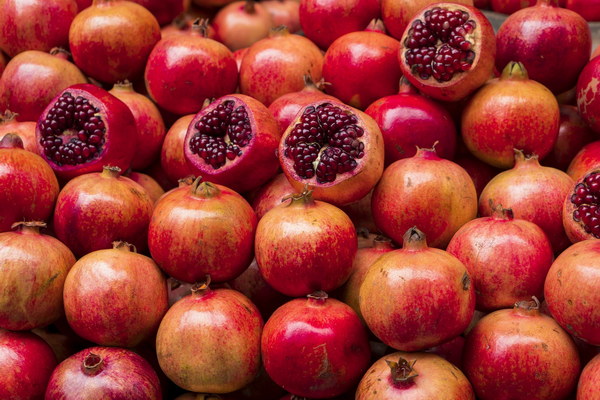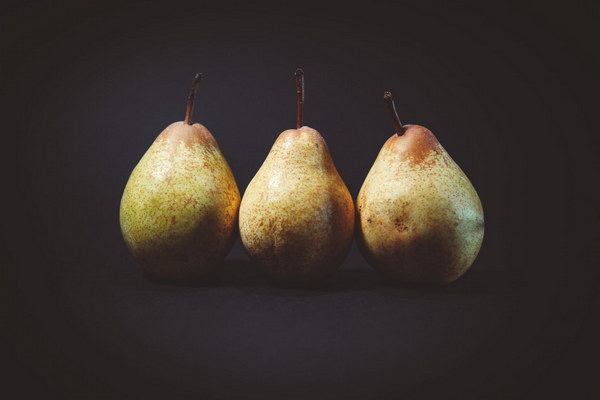Nourishing the Liver A Guide to Enhancing Kidney Yang Deficiency
Introduction:
Kidney Yang deficiency is a common condition in traditional Chinese medicine, characterized by weakness, fatigue, and a feeling of coldness. The kidneys play a crucial role in maintaining the body's overall balance and health. When kidney Yang is insufficient, it can lead to various health issues, including liver problems. This article aims to provide insights on how to nourish the liver when dealing with kidney Yang deficiency.
1. Understanding Kidney Yang Deficiency:
Kidney Yang deficiency occurs when the kidney's vital energy, known as Yang, is weak. This can be caused by various factors, such as aging, stress, poor diet, and excessive sexual activity. Symptoms of kidney Yang deficiency include fatigue, low back pain, cold extremities, impotence, and a weak immune system.
2. The Liver and Kidney Connection:
In traditional Chinese medicine, the liver and kidney are closely connected, forming what is known as the Liver-Kidney meridian. The liver is responsible for storing blood and regulating emotions, while the kidney governs growth, development, and reproduction. When kidney Yang is deficient, it can lead to liver problems, such as liver stiffness, pain, and inflammation.
3. Nourishing the Liver through Diet:
A balanced diet is essential for nourishing the liver and improving kidney Yang deficiency. Here are some dietary recommendations:
a. Increase the intake of kidney-friendly foods: Foods rich in protein, such as lean meats, fish, and eggs, can help strengthen the kidney. Other kidney-friendly foods include nuts, seeds, and dairy products.
b. Consume liver-boosting foods: Foods that are rich in vitamins and minerals, such as leafy greens, fruits, and whole grains, can support liver function. Leafy greens, like spinach and kale, are particularly beneficial.
c. Avoid liver-toxic foods: Reduce the consumption of high-fat, processed, and sugary foods, as they can burden the liver and exacerbate kidney Yang deficiency.
4. Herbs and Supplements:
Certain herbs and supplements can help nourish the liver and improve kidney Yang deficiency. Some of the most commonly used herbs include:
a. Astragalus: Known for its immune-boosting properties, Astragalus can help strengthen the kidney and improve overall health.
b. Codonopsis: This herb can enhance energy and vitality, making it an excellent choice for individuals with kidney Yang deficiency.
c. Schisandra: Schisandra is known for its liver-protecting properties and can help alleviate liver-related symptoms.
5. Lifestyle Adjustments:
In addition to diet and herbs, lifestyle adjustments can play a significant role in nourishing the liver and improving kidney Yang deficiency. Here are some recommendations:
a. Regular exercise: Engaging in regular physical activity can boost overall health and strengthen the kidney.

b. Stress management: High levels of stress can weaken the kidney and liver. Practicing relaxation techniques, such as yoga, meditation, and deep breathing exercises, can help manage stress.
c. Adequate sleep: Getting enough restful sleep is crucial for maintaining a healthy liver and kidney.
Conclusion:
Nourishing the liver when dealing with kidney Yang deficiency requires a holistic approach, including a balanced diet, herbal supplementation, and lifestyle adjustments. By addressing the root cause of the imbalance, individuals can improve their overall health and well-being. Remember to consult with a healthcare professional before making significant changes to your diet or lifestyle.









